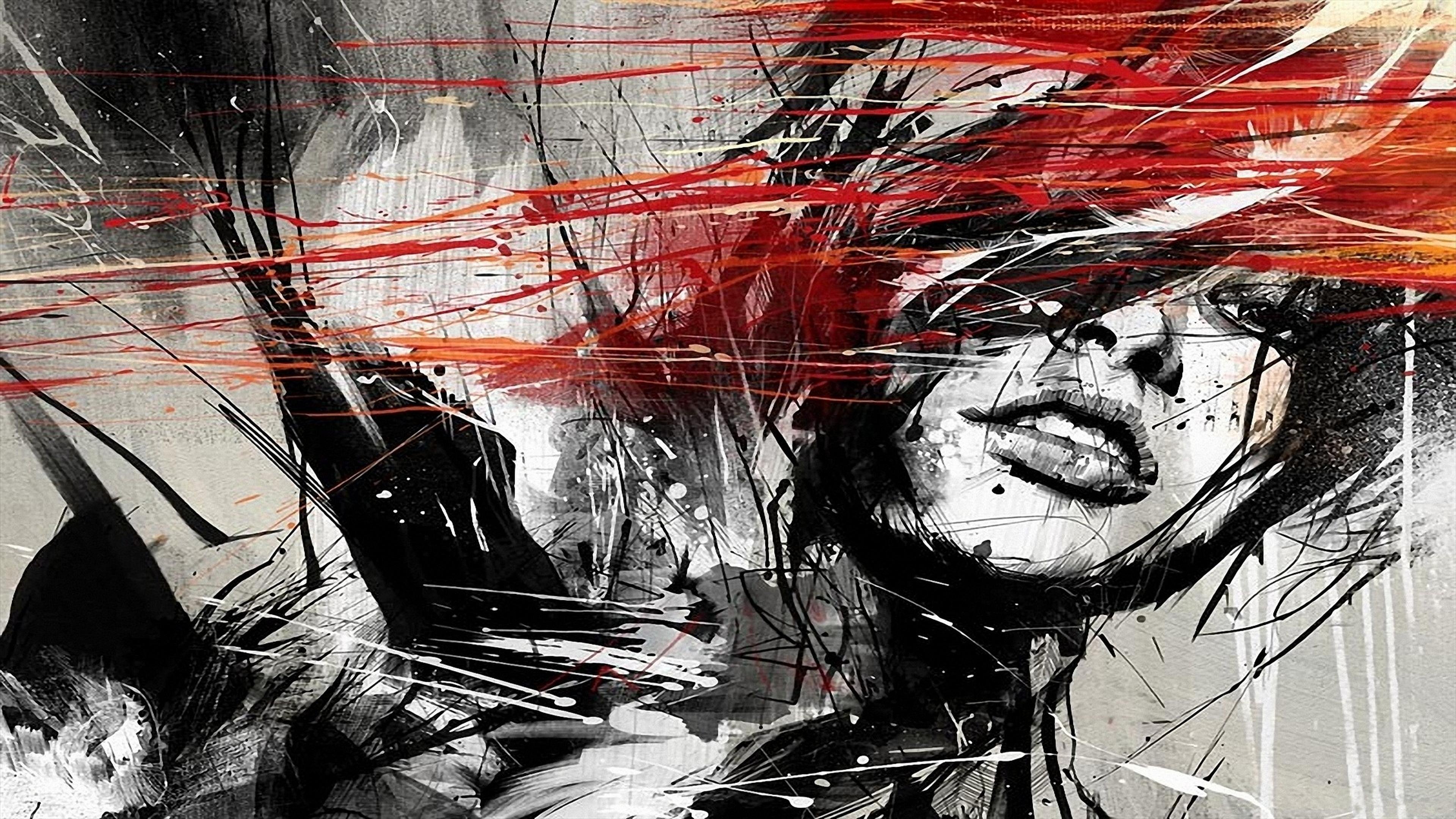· winning · 3 min read
Why I Learned Japanese (And What It Taught Me About Myself)
A short post on the real reason I learned Japanese (It's not anime).

I recently crossed a milestone: 10,317 mature sentence cards in my Anki deck. That’s over 10,000 Japanese sentences reviewed, remembered, and ingrained.
It’s taken me two years. Two years of consistent grinding, averaging 60–200 minutes of study a day. Two years of balancing this goal with a packed schedule: research commitments, a double-full-time courseload, a healthy relationship, and other skill-building projects.
Hundreds of thousands of repetitions, multiple notebooks, and a thousands of hours of active study. But those numbers aren’t the story. The story is what they cost and what they changed.
I gave up a lot. Social media. English TV. Video games.
Why Learn Japanese?
I didn’t start learning Japanese because of anime or manga. Or a trip to Tokyo. Or some vague desire to “experience a new culture”.
I started because of the literal sound. I heard Japanese a lot, and I liked it. The cadence, the rhythm, and the shape of some of the words. A small aesthetic pull mixed in as one of my entertainment sources was enough to become a seed for something larger.
Even before
It wasn’t for travel or culture.
It was about proving something to myself.
I didn’t want to learn just enough to have surface-level conversations about the weather or directions. I wanted to go deeper. I wanted fluency. I wanted to be as articulate in Japanese as I am in English.
Facing My Weakness
In high school, I studied Spanish for four years. I barely scraped by, despite endless quizzing and vocabulary drills. I could handle synthesis—math, fine arts, English—but rote memorization? That felt impossible.
Foreign languages, history, government, biology, they all seemed out of reach. My instinct was to say: “It’s not my thing. I’m not good at this.”
But here’s the truth: just because something doesn’t come naturally doesn’t mean it’s beyond you.
Society loves to box us in
You’re a “math person.” You’re “bad at languages.” You’re “tone deaf”. These narratives stick, and they keep us from growing.
But they’re not true.
You can rewrite the story. You can choose to see your weaknesses as opportunities.
Why Japanese?
Japanese was my challenge.
I wanted to take one of my weakest skills—memorization—and attack it head-on.
I wanted to prove to myself that I could conquer a language as notoriously difficult as Japanese.
If I could do that, what else could I do? Spanish? Chinese? Biology? Maybe even push my strengths in math and synthesis further?
The journey started as a challenge, but it became a joy.
Immersing myself in Japanese media—movies, novels, anime—was a revelation.
Authors like 村上春樹 (Murakami Haruki) opened up worlds I hadn’t known existed.
The active study genuinely became fun.
Learning Japanese has changed me. It’s taught me discipline, patience, and the power of persistence.
Final Thoughts
This wasn’t about natural talent or aptitude. It was about effort. About growth. About proving to myself that I could.
10,000 sentences later, I don’t regret a second of it.
Caption for the Notebook Image
This notebook holds just a fraction of the kanji I’ve written over the years. Most of my practice happened on-the-go: tracing stroke order in the air, imagining the characters in my mind, or scribbling them in the margins of spare time. It’s a small symbol of a much bigger journey.
